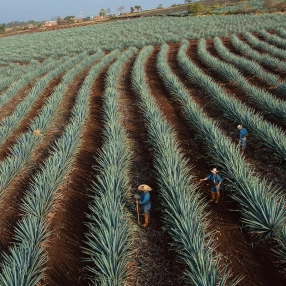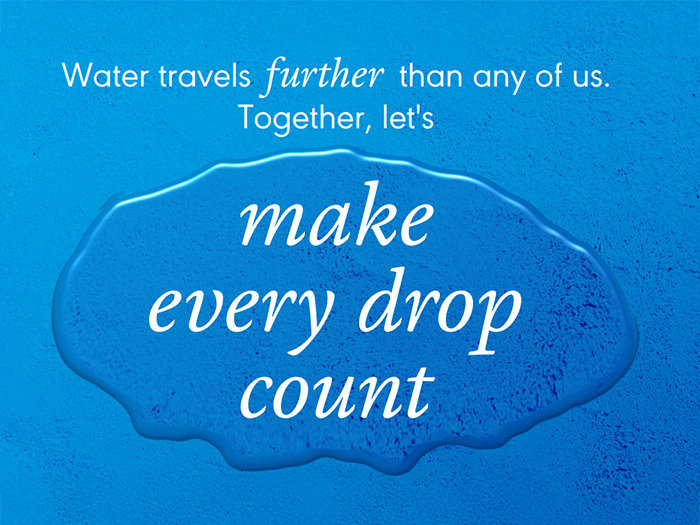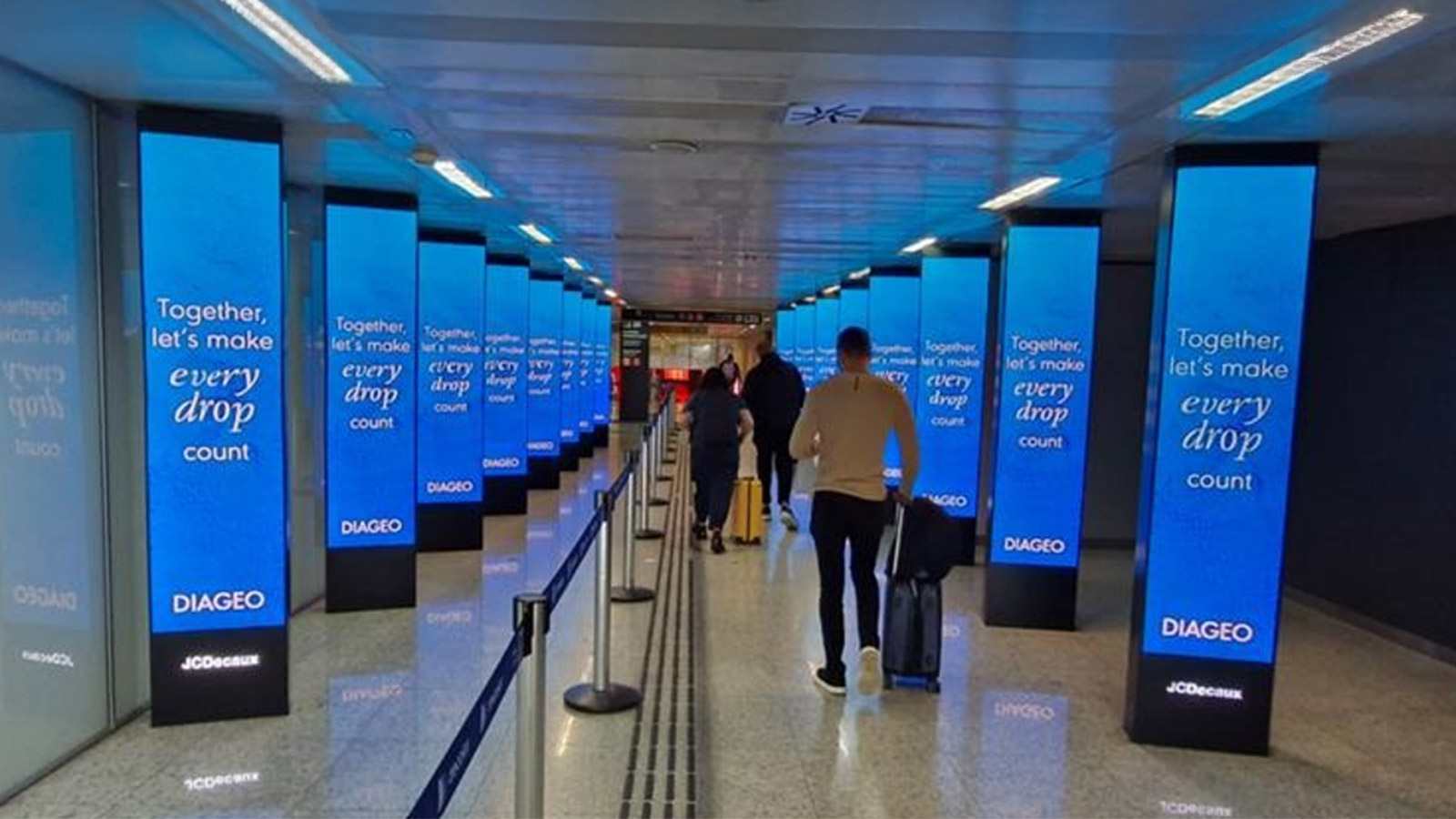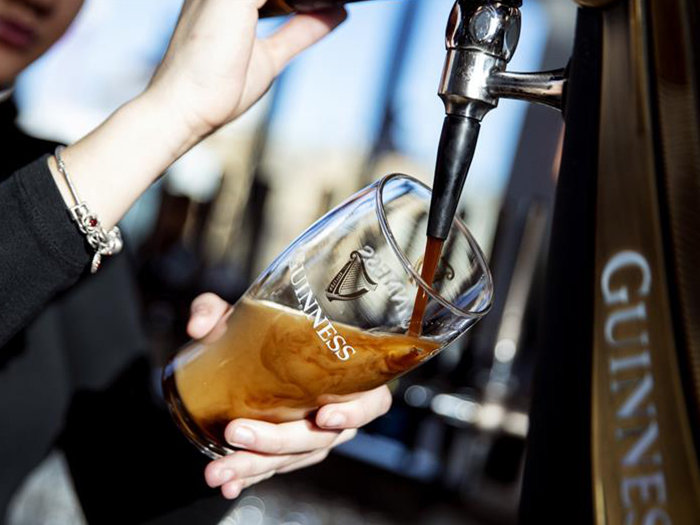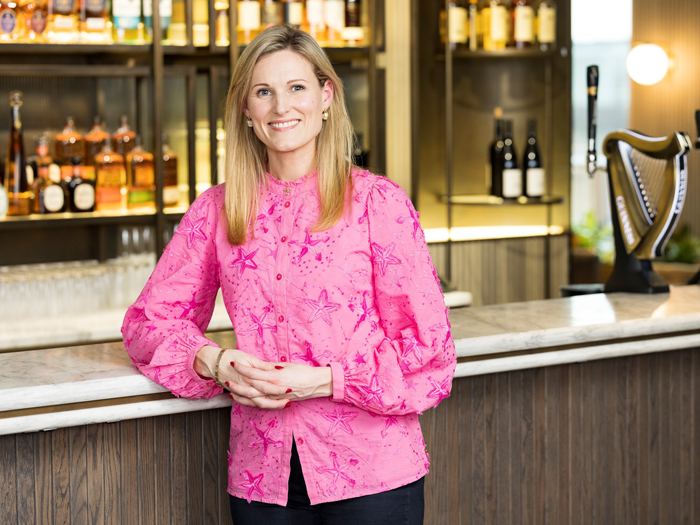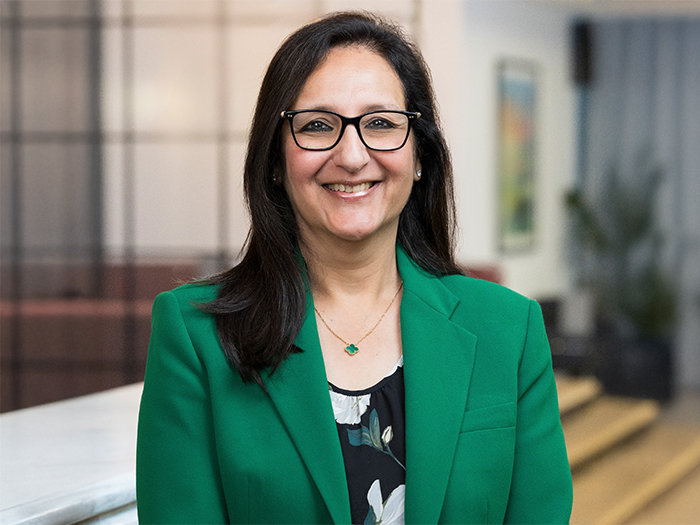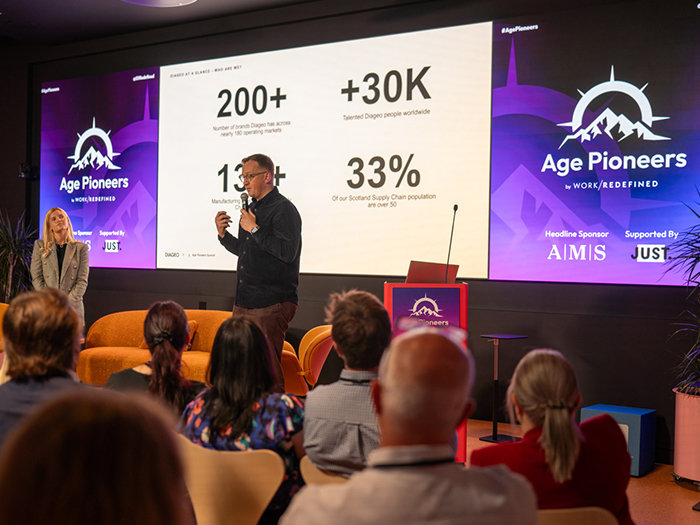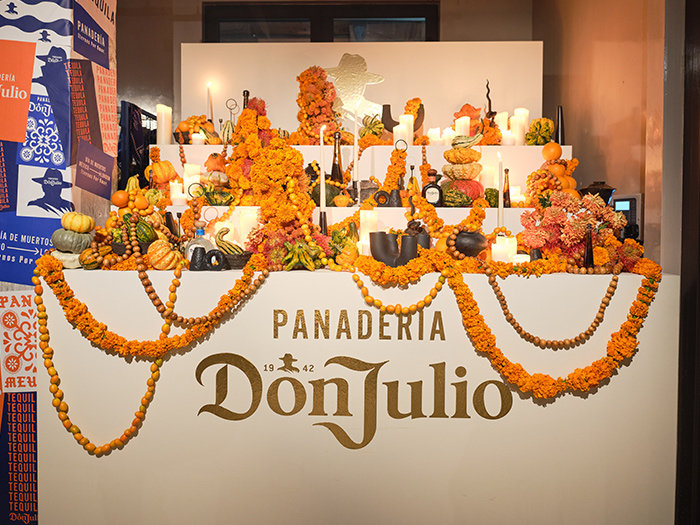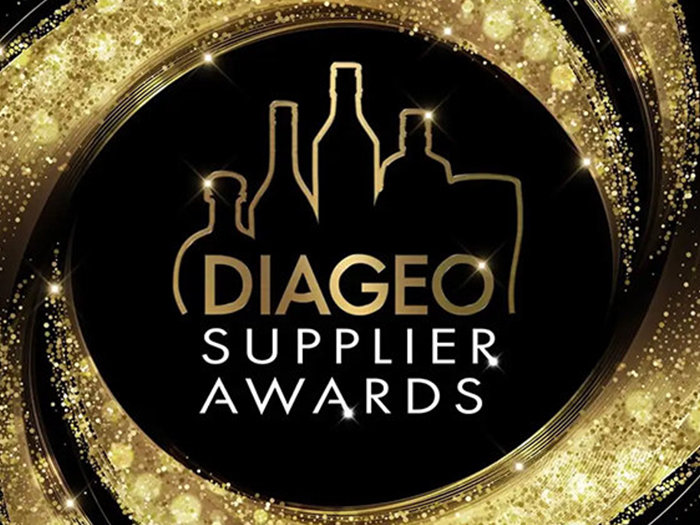We’re a global leader in premium drinks, the most exciting consumer products space.
This year’s COP30 in Belém will be remembered as the “Amazon COP” but the impact is hoped to stretch far beyond Brazil’s borders.
For business, climate change is not a theoretical challenge. It’s felt through the systems we rely on every day and water is one of the most fundamental systems we have. When we protect water, we protect our operations, our communities, the environment and build our climate resilience. Every part of our supply chain, from crops that feed our products to the water that cools our equipment depends on it.
At Diageo, water is the most important ingredient in all our products, our most strategic climate risk and for these reasons, a critical pillar of our Spirit of Progress goals. We view water stewardship not as a sideline - but as a business imperative and a shared responsibility that is key to our climate adaptation.
But business can’t do it alone. The water systems we so heavily rely upon are shared assets. They require shared solutions and scale. Governments, business and communities can and need to work together to manage the world’s most precious shared resource.
Our approach is anchored in action. Since 2020, we have improved water efficiency in water-stressed areas by 20 per cent. In 2023, we achieved our 2030 target to implement WASH programmes in our nine markets where access to drinking water is a risk. We have a high-ambition Collective Action Programme, including in the Santiago Lerma River Basin in Mexico and the Upper Godavari River Basin in India, and we’ve expanded our collective action goal to include supplier priority basins. Within these projects, we join local governments, business, farmers and civil society with the aim to rejuvenate basins, improve water quality and secure long-term availability.
We’re proud to be founding members of the Water Resilience Coalition, where we’re already working with peers to build a water-resilient future. But tangible collective action must go beyond regions already under water stress.
Today, we’ve announced up to £5 million to restore degraded peatland across Scotland. Through the programme, we’ll be putting collective action into practice and co-funding projects with partners to restore up to 3,000 hectares of peatland by 2030, and work in partnership with Caledonian Climate and Wetlands International, but this needs to be a cross-industry effort. We need partners to join us both in the Water Resilience Coalition and with peatland restoration to drive systemic landscape change.
Belém offers the world a living example of what robust collaboration can look like. It takes long-term planning from governments, long-term capital from investors and partnerships with communities that understand and work in these vulnerable landscapes.
The Amazon COP should make one thing clear: addressing the water crisis is key to achieving long-term business resilience. The systems that sustain our economies and ecosystems are one and the same. If we get this right, we protect both.



